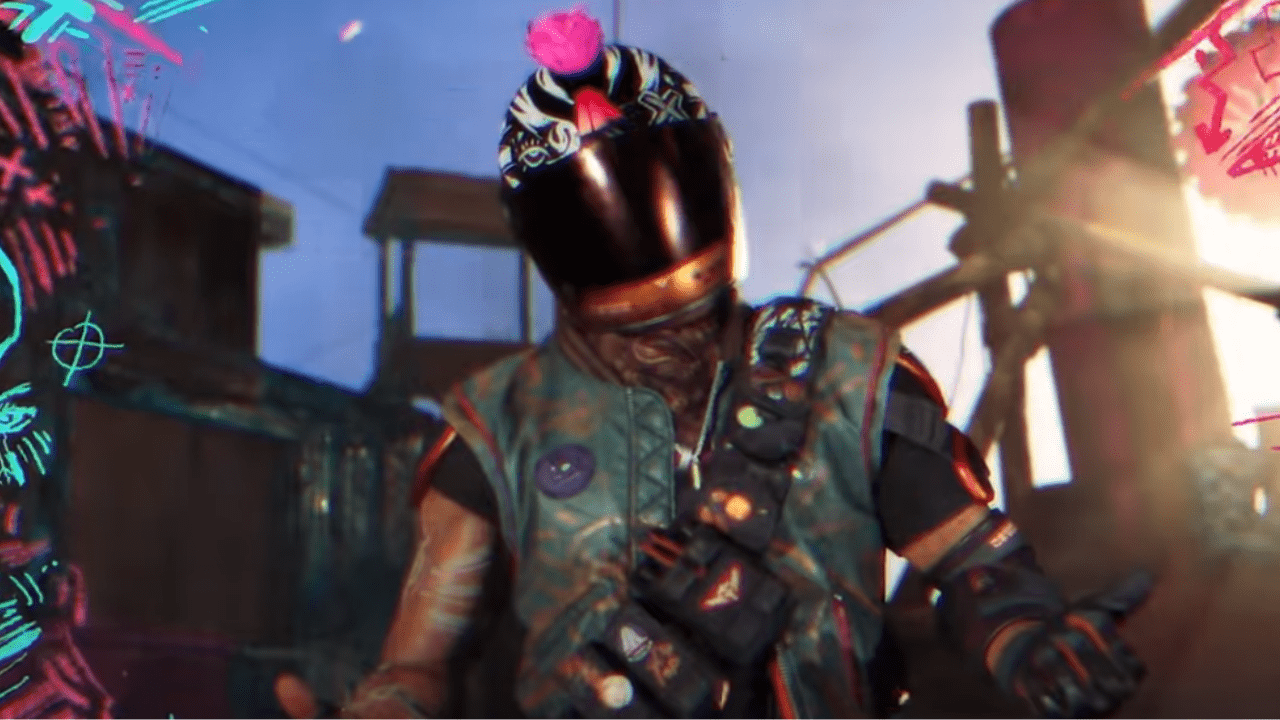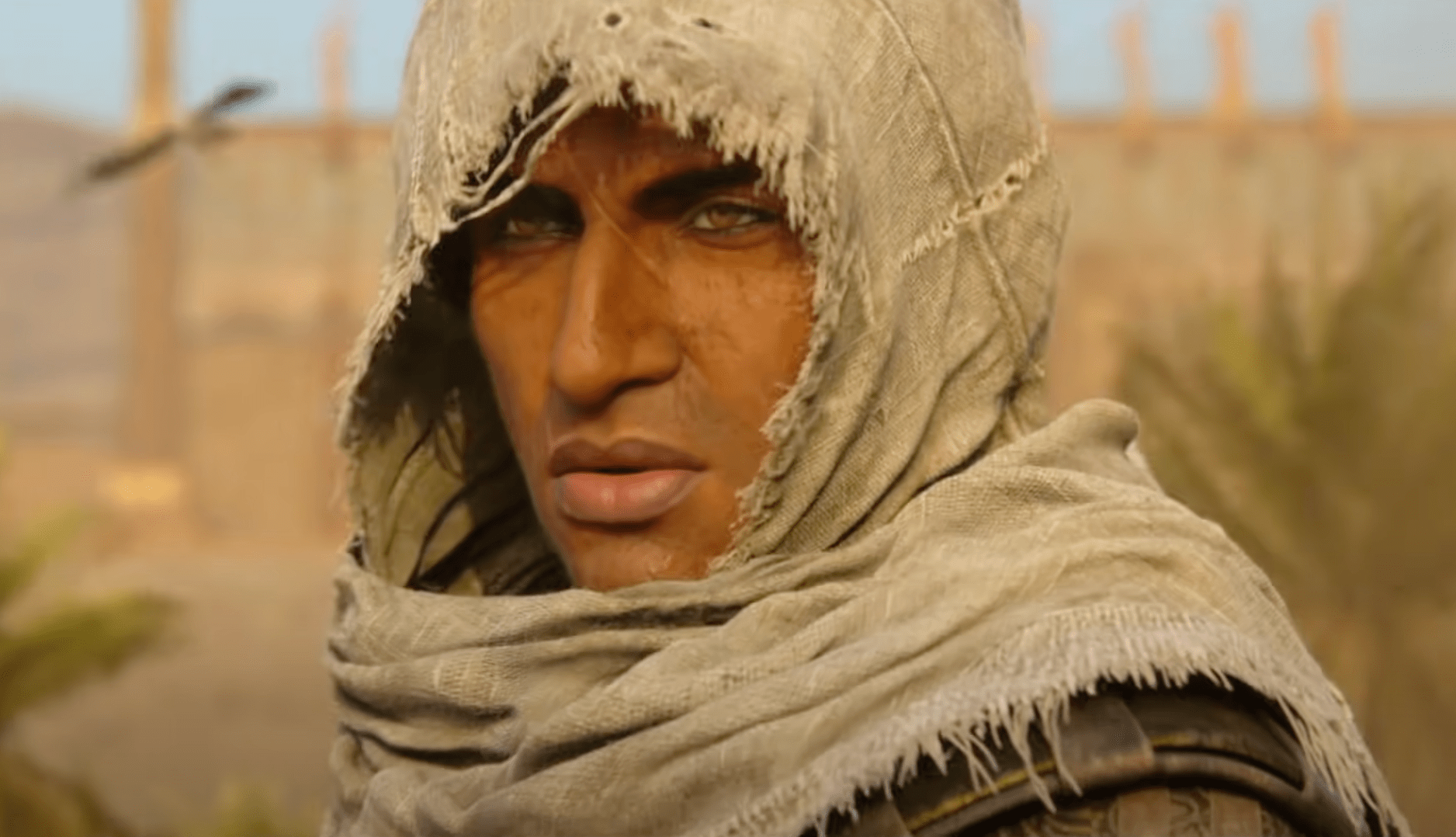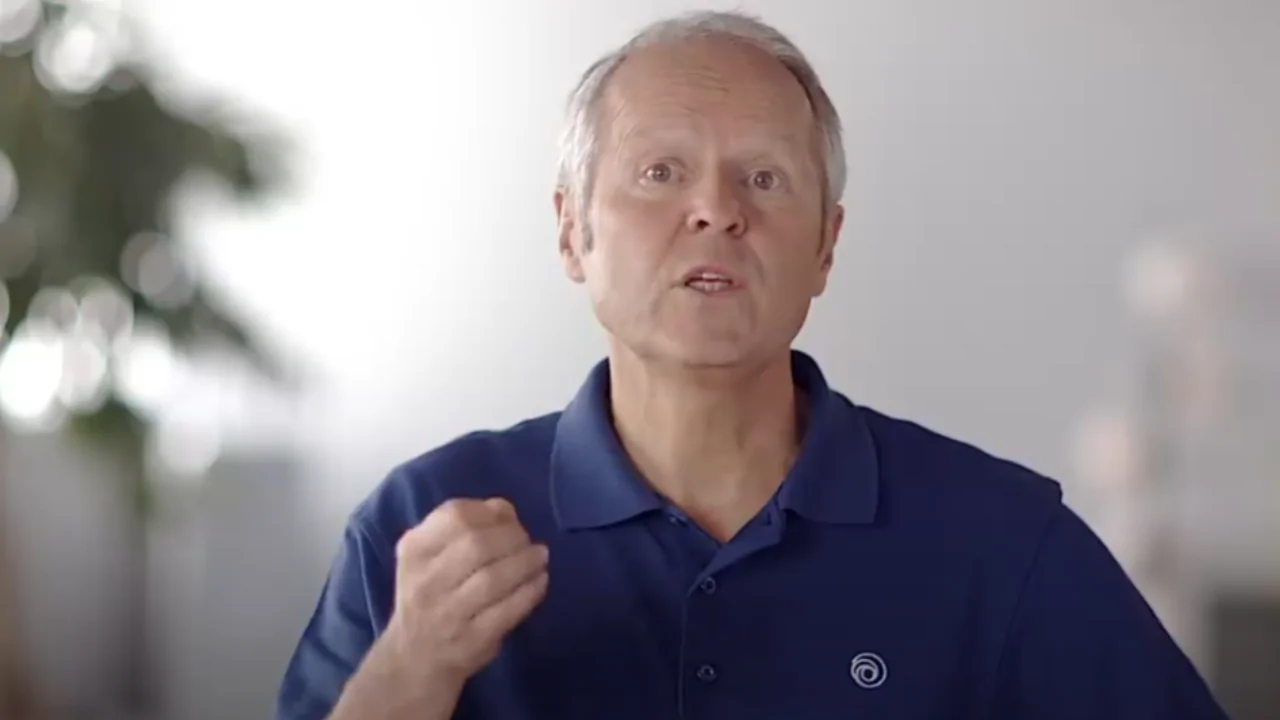
Ubisoft, often criticized for their continuous use of microtransactions and insensitive remarks, has once again made an insensitive comment regarding microtransactions.
Ubisoft’s recent decision to continue employing contentious monetization tactics in their games has sparked renewed annoyance among players. In their annual report, they assertively declared that microtransactions in single-player premium games improve the gaming experience by providing optional methods for customizing characters or progressing faster, making it more enjoyable due to these personalization options.

This claim, connected to challenging solo games like Assassin’s Creed, arises against the background of Ubisoft’s lengthy past involving these methods, where gameplay elements that require repetitive tasks (grinding) seem intentionally designed to encourage players to make real-world transactions.
The response has been swift and far-reaching, with players and critics alike labeling it as corporate greed masquerading as player empowerment. Yet, this isn’t a fresh start—it’s another instance in a long-running story of insensitive decisions that have haunted Ubisoft’s single-player games for years.
The Latest Claim: Paying to Skip the Grind Equals “Fun”?
In their annual financial report, Ubisoft justifies the use of microtransactions by stating that their premium games should provide a complete gaming experience to players without additional costs. Yet, they contend that extra items such as XP boosters and cosmetic features can enhance enjoyment for those who opt to make purchases, adding an extra layer of fun.
Ubisoft sees gamers only as money machines.
— Wretic (@Wretic) July 20, 2025
Examples given are from more recent instalments of the game ‘Assassin’s Creed’, such as ‘Odyssey’ and ‘Valhalla’. These games feature vast landscapes requiring numerous time-consuming, repetitive activities that can be expedited using premium shortcuts.
And this is why I truly wish Ubisoft would adopt a grassroots approach. I can’t express enough how much I’ve grown to dislike a gaming company for ruining my favorite pastime in such an aggravating way.
Companies like Ubisoft do nothing positive for the industry anymore.
— Fire_raven (@Fireraven101) July 21, 2025
The business portrays it as a high-end item, however, critics view it as an acknowledgment of intentional flawed designs that create annoyance and subsequently offer solutions for sale: manufacture boredom, then market the cure.
A Troubled History: From Pioneers to Pariahs of Monetization
Ubisoft wasn’t just known for single-player microtransactions earlier, but they’ve taken the lead since the mid-2010s. This change became more apparent with the release of ‘Assassin’s Creed Origins’ in 2017, which introduced Helix Credits for cosmetics, equipment, and time-saving options within a redesigned RPG system that encouraged grinding.
This set the template for subsequent titles.

For example, Assassin’s Creed Odyssey introduced enhancements such as time-savers, distinct mounts, and ship designs for purchase in 2018, which some players believed were strategically placed to accelerate progress within a vast world that was largely composed of fetch quests, leading many to feel the need to buy items to complete tasks more swiftly.
In much the same way, Assassin’s Creed Valhalla, released in 2020, offered armor sets, decorations for your settlement, and enhancements. However, its campaigns spanning over 100 hours faced criticism due to a sense of repetition or grind in progression, which seemed to be purposefully connected to microtransactions.
In contrast to the Assassin’s Creed series, Far Cry 5 in 2018 incorporated Silver Bars as a means of acquiring weapons, outfits, and vehicles within its storyline-based gameplay, which also featured cooperative aspects. This introduction sparked controversy due to the perceived integration of microtransactions (MTX) into a game primarily designed for single-player engagement.

This approach extended to other franchises as well.
In the game “Watch Dogs 2”, players had an option to purchase premium currency for customizing outfits and vehicles. This was less forceful compared to later releases. Following suit, “Far Cry New Dawn” introduced crafting materials and abilities, while “Immortals Fenyx Rising” provided speed-up options and cosmetic items to enhance the exploration of its mythical open environment.
Back in the day, even games like Assassin’s Creed Unity were dabbling with companion apps and in-game purchases – a hint of the seamless integration we see nowadays. However, some critics claim that these game mechanics can create an unleveled playing field, making the “complete” gaming experience feel somewhat inadequate unless you’re willing to shell out more cash. As a movie lover, I can draw a parallel with watching a film without the special features or extended cuts – it just doesn’t feel as satisfying.
Broader Implications: Shareholder Pressure and Industry Backlash
The debate about the game isn’t limited to just its gameplay. The stock price of Ubisoft has dropped due to these disclosures, as investors express doubts about the longevity of such business approaches. During earnings discussions, the executives have justified this strategy by pointing out that microtransactions now contribute a substantial amount of their income—up to 58% on PC platforms—enabling them to maintain interaction with players even after the game’s initial release.
Yet, this has led to accusations of prioritizing shareholders over players.

Across the gaming industry, Ubisoft’s approach has ignited discussions about ethical practices in video games. Various platforms have criticized these methods as they exploit completionists, while online forums resonate with boycott demands. Analogies to EA’s loot box controversies are frequently drawn, as Reddit and X users emphasize that single-player games should be untouched sanctuaries devoid of monetization pressure. However, some supporters of Ubisoft counterargue that optional purchases finance free updates. Nonetheless, the dominant sentiment is one of mistrust.
Ubisoft’s Response and the Path Forward
In response to criticism, Ubisoft insists that their microtransactions are designed for players and optional. CEO Yves Guillemot stresses the importance of striking a balance between monetization and quality, but it seems they may be having trouble achieving this harmony. Their recent releases have followed a similar pattern, and rumors of internal strife hint at a company grappling with change. The question now is whether Ubisoft will modify their approach to creating fun experiences or continue using a strategy that some view as outdated in the face of an uncertain future.

The assertion by Ubisoft that microtransactions enhance the fun factor of single-player games seems disconnected from reality, considering their past practice of integrating grinding mechanisms to promote sales. From Assassin’s Creed: Origins to Valhalla and beyond, this repetitive pattern has undermined trust, transforming potentially captivating experiences into money-making schemes.
Gamers deserve better—authentic fun, not paid shortcuts.
Read More
- Clash Royale Best Boss Bandit Champion decks
- Best Hero Card Decks in Clash Royale
- Brawl Stars December 2025 Brawl Talk: Two New Brawlers, Buffie, Vault, New Skins, Game Modes, and more
- Clash Royale December 2025: Events, Challenges, Tournaments, and Rewards
- Best Arena 9 Decks in Clast Royale
- Call of Duty Mobile: DMZ Recon Guide: Overview, How to Play, Progression, and more
- Clash Royale Witch Evolution best decks guide
- Cookie Run: Kingdom Beast Raid ‘Key to the Heart’ Guide and Tips
- Clash of Clans Meltdown Mayhem December 2025 Event: Overview, Rewards, and more
- Deneme Bonusu Veren Siteler – En Gvenilir Bahis Siteleri 2025.4338
2025-07-22 15:57